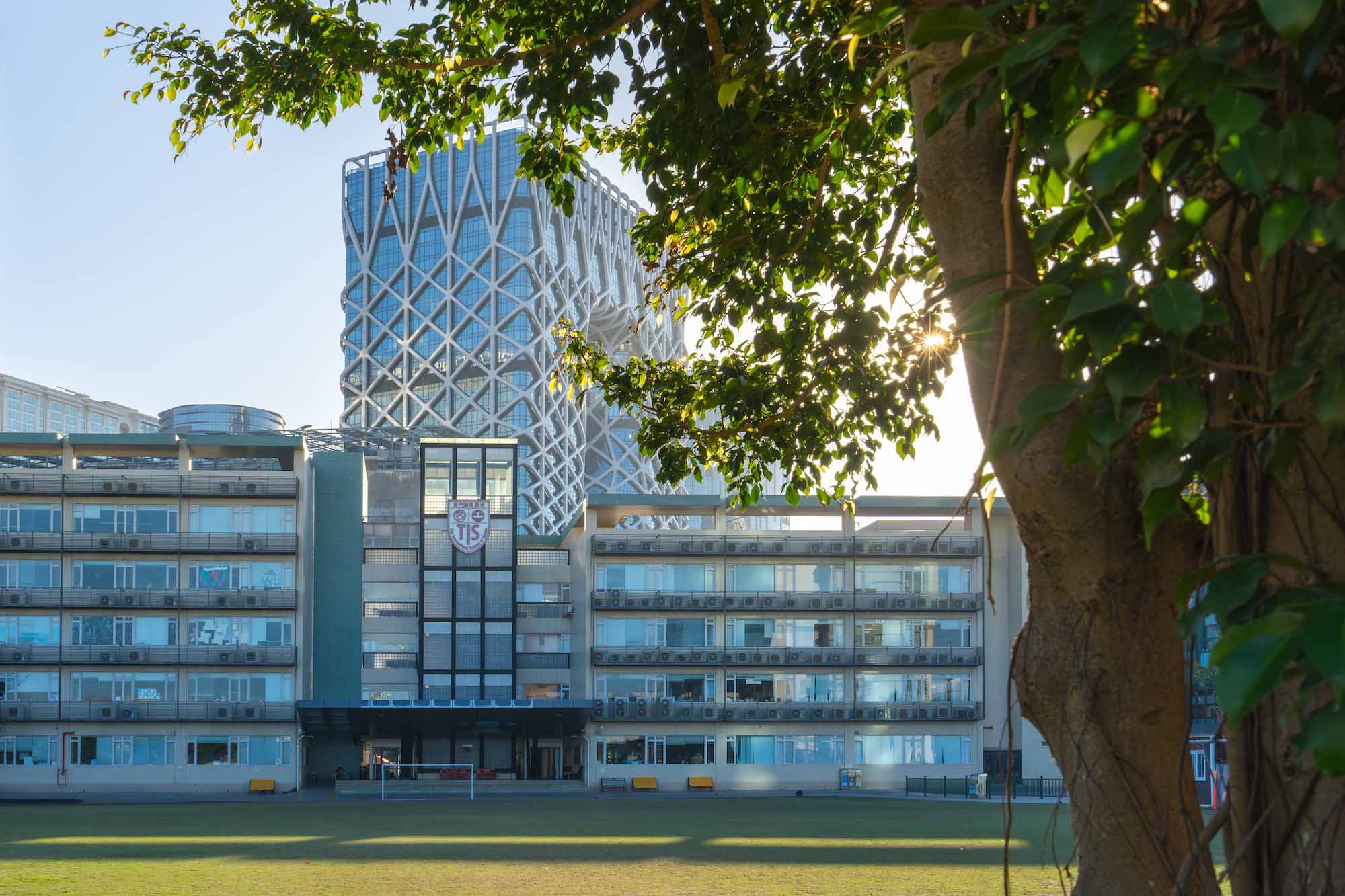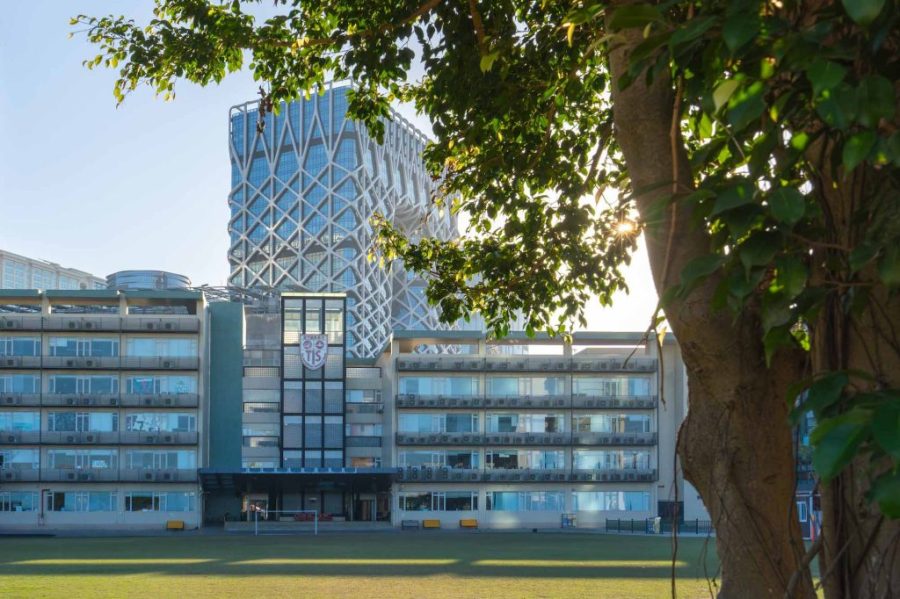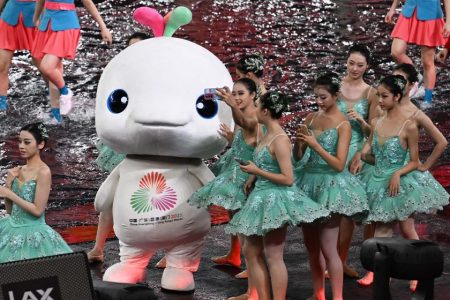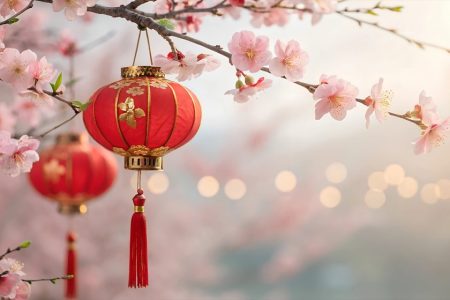Macao is home to a total of 76 schools, 68 of them private and eight public. Only four are international schools. Located in Taipa and Coloane, the international campuses offer globally recognised curricula, impressive facilities and a good track record when it comes to securing places for graduates in top universities, either overseas or locally.
But with a limited number of places, you can expect competition when it comes to enrolling your child. Unlike neighbouring Hong Kong, where the international and local school systems are run entirely separately, all parents in Macao go through the same enrollment system for their children, selecting six schools they would like their children to attend, in order of preference.
Those choices can be either local or international. What this means in practice is that expatriate parents are competing for school places with local families. Such schools are prized by parents who want their children to have less of a “pressure cooker” education.
[See more: The government wants to build a new Portuguese school in Macao, report says]
Then there is the question of fees. An international education in Macao can cost up to 151,000 patacas (just over US$19,000) a year, although some schools offer cheaper tuition for locals.
Read on to find out more.
The International School of Macao
Established in 2002, the International School of Macao (TIS, pictured above) is located on the Macau University of Science and Technology campus and, from kindergarten to grade 12, offers the school curriculum from the Canadian state of Alberta. From grade 10 onwards, students are required to complete the Alberta High School Diploma, while the International Baccalaureate (IB) Diploma Programme is optional.
TIS began life with just 58 students and today has more than 1,300 pupils as well as a 135-strong teaching staff. The school boasts many state-of-the-art facilities. At the start of last year, it launched its revamped Innovation Lab with equipment for robotics fabrication, 3D printing and more. There’s also a laser centre and a power tool room.
[See more: The International School of Macao unveils a new lab to boost high-tech learning]
TIS is also known for its strong athletics programme. It has 31 sports teams and access to a football pitch, basketball courts and a tennis court. Student-athletes participate in various local and regional conferences.
In the 2022 graduating class, students secured offers from 29 of the top 100 universities worldwide.
How to enrol: Complete the online application form. Admission from kindergarten to grade 3 is determined by an interview and for grades 4 to 11 by a written test.
Tuition: Fees are 106,000 patacas (roughly US$ 13,000) per year for kindergarten and range between 122,000 to 151,000 patacas (about US$15,000 to US$19,000) for grades 1 to 12.
Macau Anglican College
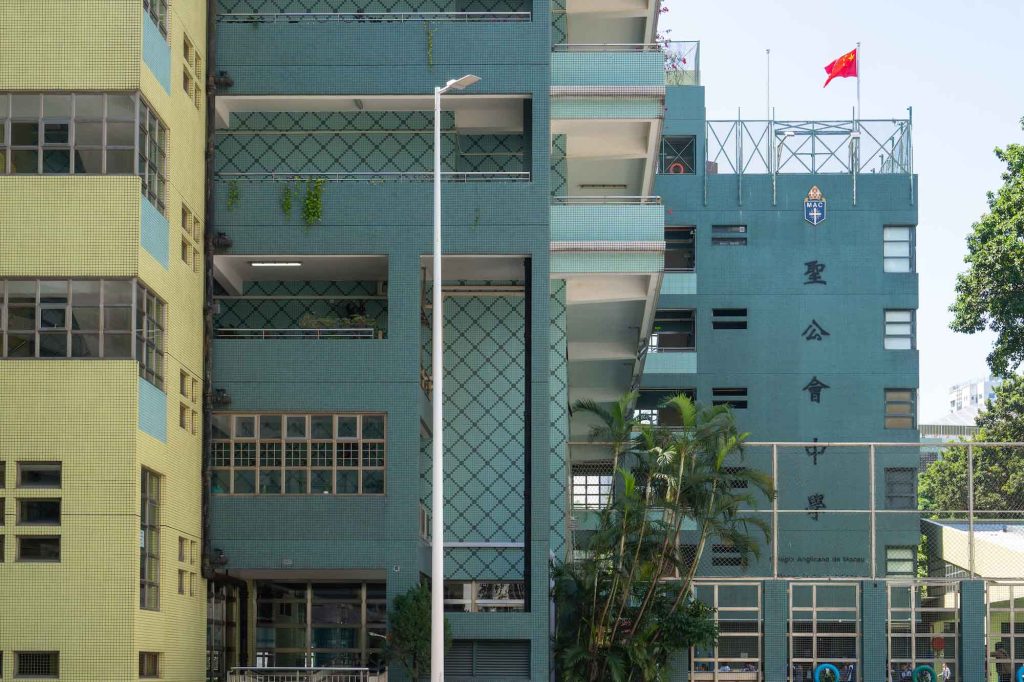
Run under the auspices of the Anglican Church in Hong Kong, the Macau Anglican College (MAC) also opened in 2002. One of the affordable international schools, MAC currently has 1,400 students enrolled across kindergarten, primary and secondary school programmes.
The syllabus largely follows the Cambridge International curriculum with a few adjustments to comply with local requirements. Students are required to learn Mandarin as well as English.
Mental health and wellbeing are high priorities at the school, which works with counsellors from the Anglican Church’s local social work office. Since 2011, the school has operated an Inclusive Education Unit to champion diversity and better support students with disabilities.
[See more: A new Macao-affiliated school will open in Hengqin this year]
The school had a 100 percent pass rate in the June 2022 Cambridge A, AS and IGCSE level exams. After graduation, nearly 42 percent of that cohort went on to universities in Macao and 25 percent to the UK. Most of the remaining students enrolled in higher education in Hong Kong, Asia-Pacific, Canada, the Netherlands and the United States.
How to enrol: Submit the application form and required documents to the school’s administration office. Prospective students will be called for an English and mathematics entrance exam and a day of in-class participation at the school.
Tuition: Fees start at 55,535 patacas (just under US$7,000) a year for K1, going up to 99,700 patacas (nearly US$12,500) a year for year 12. However, locals are on a different fee schedule to foreigners.
School of the Nations
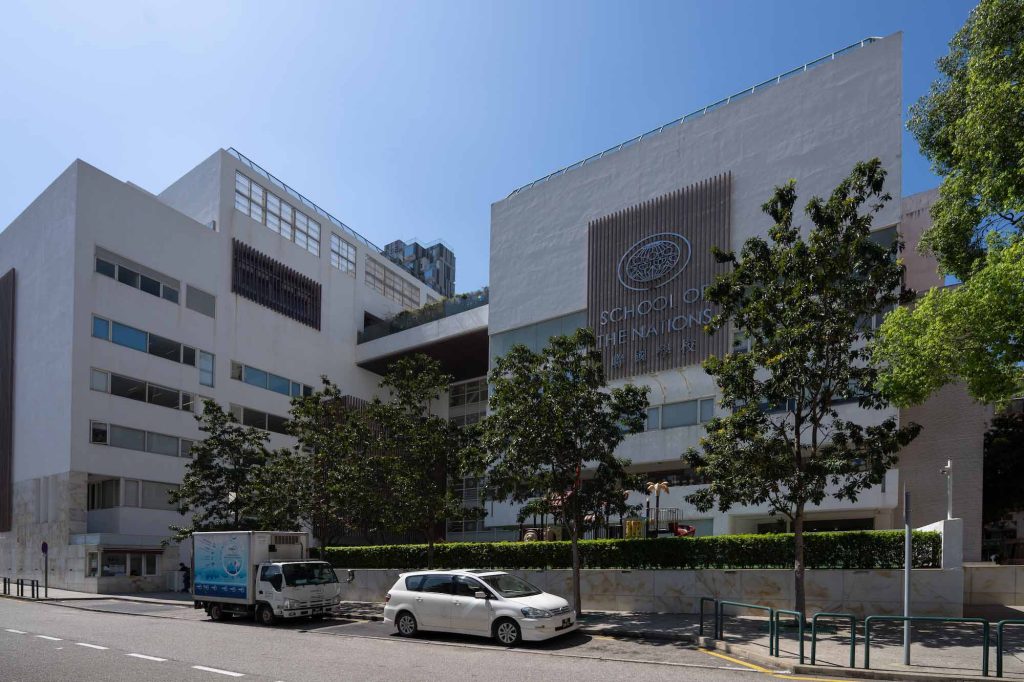
School of Nations (SON) has evolved dramatically since its humble beginnings in 1988 as a one-room class of five kindergarten students. Inspired by the Baha’i faith, SON is known for its innovative approach to education.
According to the school’s framework, it strives to help each student reach their potential by developing moral character, unique talents and intellectual abilities. Underpinned by community service, SON offers a globally-minded curriculum guided by collaborative and inquiry-based learning. The school’s end goal is to prepare students to contribute to social progress, promote unity and justice, pursue excellence, and establish a love of learning they’ll take with them throughout life.
In 2008, SON moved into a seven-storey, purpose-built campus in Taipa, with a library, outdoor basketball court, football pitch, playground, indoor gym and theatre.
[See more: Macao secondary school students honoured for asteroid discovery]
Today, SON has a student body of over 650 students from kindergarten to year 12 with instruction in English and Mandarin. Underscoring the importance of early childhood education, SON offers a three-year pre-school programme developed by the Badi Foundation that focuses on character development, science and maths.
The school offers the Cambridge IGCSE and was the first to implement the IB World School curricula in Macao. The school saw a 100 percent IB Diploma success rate from 2016 to 2022. After graduation, 66 percent of students during those years went to universities in the US and Australia. The remaining students entered universities in Macao and mainland China, with the rest going to college in Canada, Hong Kong, Portugal and the UK.
How to enrol: Click here for the school’s application form.
Tuition: Fees range from 73,000 patacas (US$9,000) per year for K1 to 115,200 patacas (US$14,300) annually for year 12.
Generations International School
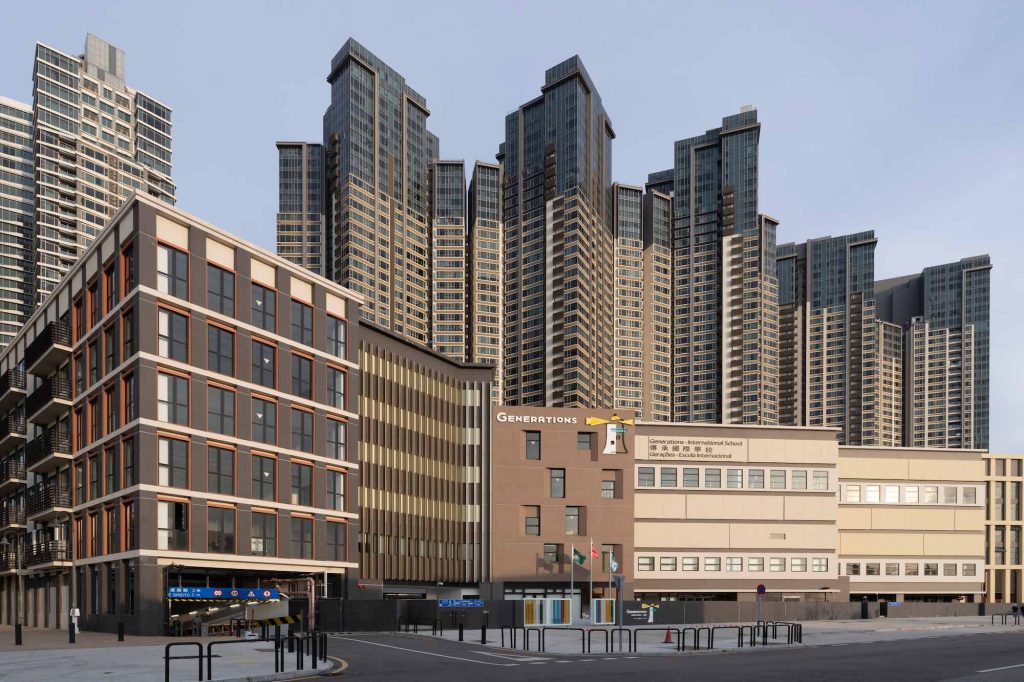
One of the more expensive schools on this list, Generations International School opened in 2023 with a fresh approach to education in Macao. It currently offers classes from K1 to primary three, following the Finnish primary curriculum.
Drawing from sisu, a Finnish educational model, the curriculum aims to foster children’s natural curiosity, mental flexibility, creativity, independence and personal growth.
To achieve this goal, the school provides a modern trilingual education programme (in Portuguese, English and Chinese) that instils values such as balance, persistence and multiculturalism. CEO Edith Jorge told Macao News last year that the sisu curriculum faces “head-on the issue of happiness, the issue of instilling a sense of self-worth in children, while never compromising their ability to be competitive in the outside world.”
[See more: The Finnish line: New approaches to education at Macao’s Generations International School]
Inclusivity is another core principle. Each student has an individual learning plan, access to psychologists, wellness experts and special education support.
At the five-storey campus in Coloane, near the One Oasis residential development, students will find bright, airy Nordic-inspired rooms and several teachers from Finland, as well as an auditorium, canteen, library, music room, indoor gym and outdoor gyms. Generations also offer after-school tutoring.
In the future, Jorge explains that the school will offer the Cambridge International to higher years. Secondary students will also be able to go through a full IB program.
How to enrol: The school’s application guidelines are here.
Tuition: Fees range from 126,000 patacas (US$15,600) a year for kindergarten to 138,000 patacas (US$17,000) a year for primary one to three.
